Biodiversity loss in forests reduces productivity on a global scale

In a new study the economic value of biodiversity was estimated at between 160 and 490 billion dollars per year, five times higher than the cost of ecosystem conservation. The study analyzed 777,126 sampling sites in 44 countries from around the world including 30 million trees representing 8,737 species.
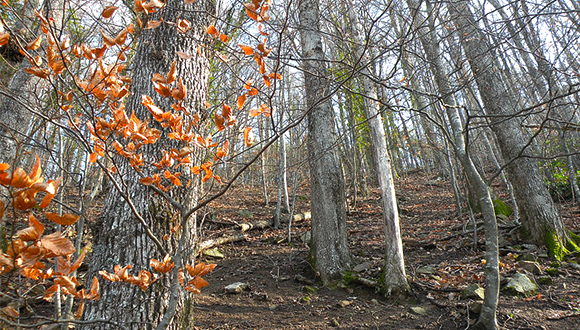
Continuing biodiversity loss significantly reduces forest productivity. Based on the data analyzed, the economic value of biodiversity maintenance in forests was estimated at between 166 and 490 billion dollars per year, five times higher than the cost of taking effective conservation measures on a global scale - such are the compelling results of a study from the Global Forest Biodiversity Initiative (GFBI) published in the journal Science.
This study, which included researchers from 30 countries led by Jingjing Liang (University of West Virginia), Peter B. Reich (University of Minnesota), and Thomas W. Crowther (Yale University), analyzed the relationship between biodiversity (measured as tree species number) and forest productivity, also known as the biodiversity-productivity relationship or BPR. “Understanding this relationship is key for evaluating biodiversity from an economic standpoint and integrating biological conservation with socio-economic development of mankind. In many areas with high biodiversity the rural population is strongly dependent on forest resources, and this loss of biodiversity can increase the vulnerability of these populations,” explains Sergio de Miguel, researcher from the University of Lleida and member of the GFBI steering committee.
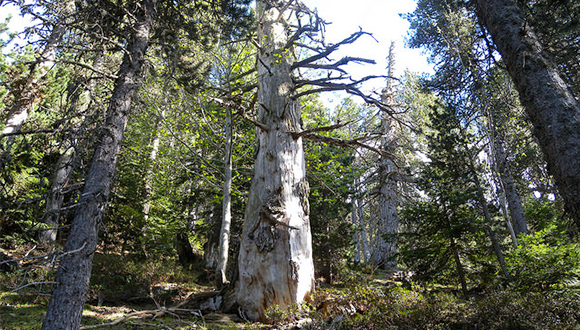
Forests are the greatest terrestrial biodiversity reserves and deforestation and climate change (among other factors) currently threaten approximately half of all tree species. For this study, using 777,126 study plots in 44 countries from around the world, more than 30 million trees were measured representing 8,737 species. The area analyzed represents most terrestrial biomes (areas sharing the same climate, flora, and fauna). To date, the published BPR studies had been limited to the regional scale.
“There is a direct relationship between forest tree diversity and the economic benefits it provides. The data from our study clearly show in black and white the necessity for recalculating the value of biodiversity, strategies for forest management, and the priorities of conservation,” says Fernando Valladares researcher from the Spanish National Museum of Natural Sciences (MNCN-CSIC). Continuing, he says “this is also the first time that species loss considered on a global scale translates to reduced forest ecosystems, diminished wood production, and their capacity for atmospheric CO2 adsorption.”
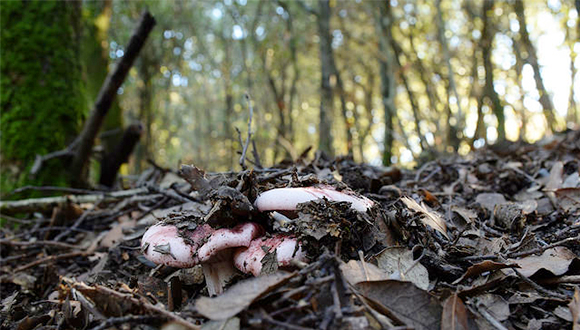
The need to put a stop to monocultures
The accelerated reduction of forest productivity could be ameliorated if, instead of promoting monocultures, forest policy instead focused on mixes of species. The effects of species reductions vary greatly depending on the global region considered. For instance, in areas of the Amazon, Western and Southeastern Africa, Southeast China, Myanmar, Nepal, and Malaysia, the reduction in species richness causes the greatest productivity losses in absolute terms, while this reduction has a lesser effect in forests of North America, Northeastern Europe, the central region of Siberia, East Africa, and Southcentral Asia and America.
The GFBI is an international platform for researchers created this year, aiming to promote collaborative research and improve understanding of trends and processes associated with the 4 billion hectares of forests on Planet Earth. “The approach used in the paper published today in Science is essential for obtaining a greater vision of the consequences of biodiversity on a planetary scale and of the potential benefits of incorporating and promoting forest management which includes biodiversity conservation,” says CREAF researcher Jordi Vayreda.
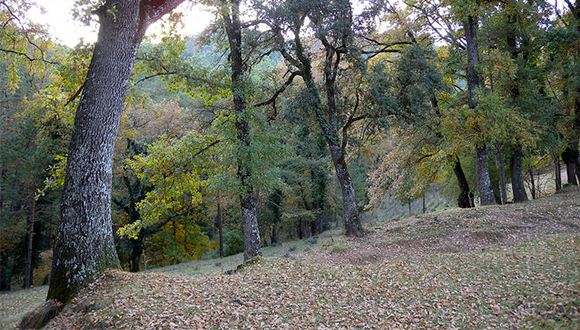
One of the problems faced by the ecologists is that there are areas of the planet for which they have a wealth of data while there are other areas for which they have very little information. “Initiatives such as the GFBI help us share information and improve our understanding of forest functioning on a planetary scale,” adds Vayreda.
The study included the participation of three Spanish researchers: Sergio de Miguel (Agrotecnio-UdL), Fernando Valladares (Spanish National Museum of Natural Sciences MNCN-CSIC) and Jordi Vayreda (CREAF).
The Youtube channel “MinuteEarth” has created a very comprehensible video explaining the Science article.:
ARTICLE
Liang, J., Vayreda, J., et al. (2016) Positive biodiversity-productivity relationship predominant in global forests. Science. Vol. 354, Issue 6309. DOI: 10.1126/science.aaf8957
Notícies relacionades

Una recerca descobreix que les arrels dels arbres caducifolis no dormen a l'hivern
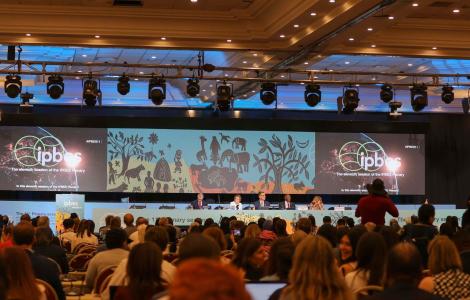
L’IPBES publica dos informes per transformar la manera com ens relacionem amb la natura, conservar-la i sobreviure


